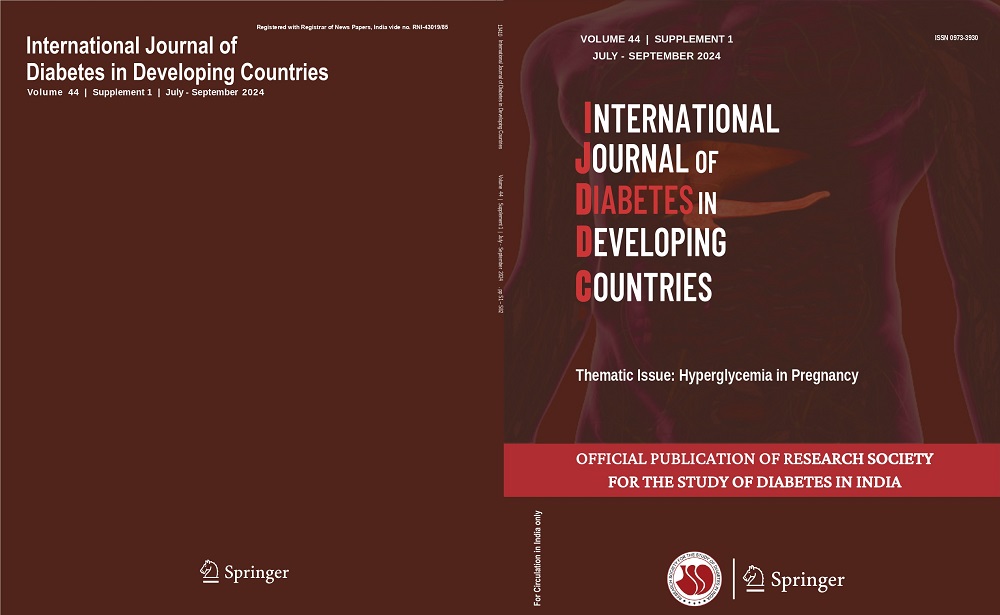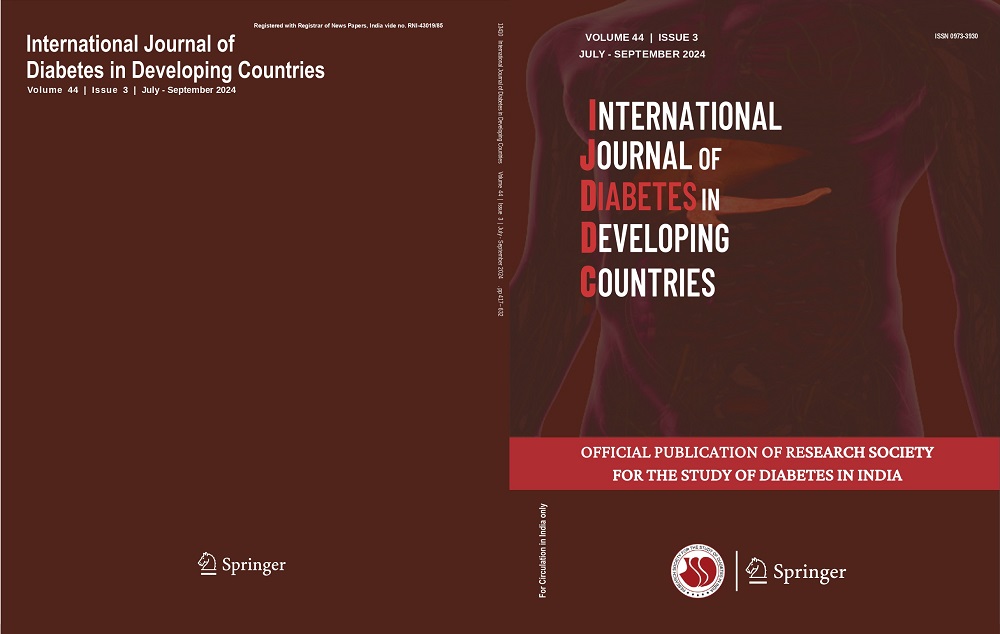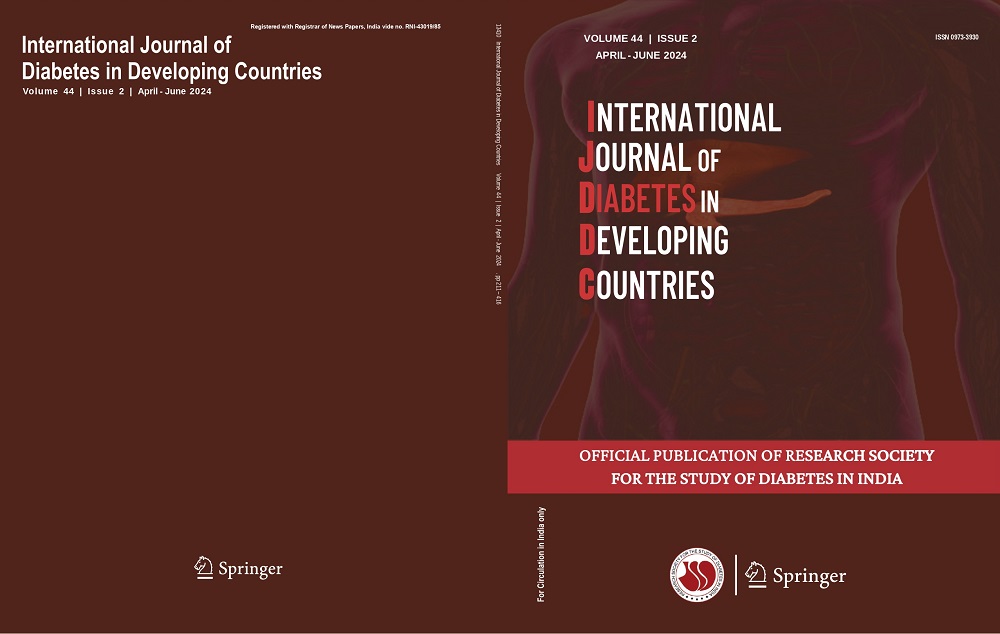Ali Abbas, Shabnam Khan, Zainy Khan, Zubia Veqar
Keywords
Extracorporeal shockwave therapy • Adhesive capsulitis • Frozen shoulder • Periarthritis shoulder • Diabetes mellitus • Shoulder pain
Abstract
Objective To investigate the effectiveness of extracorporeal shockwave therapy (ESWT) on pain, range of motion (ROM) and disability on adhesive capsulitis (AC) in patients with type 2 diabetes mellitus (DM).
Method Clinical trials assessing the effectiveness of extracorporeal shockwave therapy on adhesive capsulitis in diabetes mellitus patients were included. Academic databases of Pubmed, Scopus, Web of Science, Cochrane Library, Science Direct, PEDro and grey literature sources such as Clinical trials.gov and Google Scholar were searched from the year 2000 to 2021. Physiotherapy Evidence Database (PEDro) scale was used to determine overall quality of each included article.
Result The search yielded eight studies evaluating the effectiveness of ESWT plus shoulder exercises and mobilization on AC in type 2 DM patient population. Compared to control treatment groups in majority of included studies ESWT appeared to be effective in managing pain, ROM and disability and showed large to very large treatment effects. Two of included studies reported positive effects of ESWT on inflammatory markers and blood glucose levels.
Conclusion Findings from this review suggested that ESWT combined with shoulder exercises and mobilization may be a useful treatment modality in shoulder AC for type 2 DM patients for pain reduction, disability and ROM improvement. There was insufficient data to confirm the findings of ESWT on blood glucose and inflammatory markers in diabetic patients. Therefore, future studies are needed to evaluate its effectiveness on these outcomes.
Trial registration number: #CRD4202127949.




